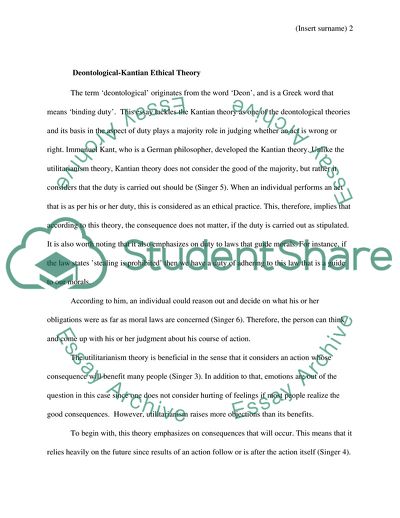Cite this document
(Utilitarianism and Katian Theories Essay Example | Topics and Well Written Essays - 1750 words - 7, n.d.)
Utilitarianism and Katian Theories Essay Example | Topics and Well Written Essays - 1750 words - 7. https://studentshare.org/philosophy/1871825-no-topic
Utilitarianism and Katian Theories Essay Example | Topics and Well Written Essays - 1750 words - 7. https://studentshare.org/philosophy/1871825-no-topic
(Utilitarianism and Katian Theories Essay Example | Topics and Well Written Essays - 1750 Words - 7)
Utilitarianism and Katian Theories Essay Example | Topics and Well Written Essays - 1750 Words - 7. https://studentshare.org/philosophy/1871825-no-topic.
Utilitarianism and Katian Theories Essay Example | Topics and Well Written Essays - 1750 Words - 7. https://studentshare.org/philosophy/1871825-no-topic.
“Utilitarianism and Katian Theories Essay Example | Topics and Well Written Essays - 1750 Words - 7”. https://studentshare.org/philosophy/1871825-no-topic.


